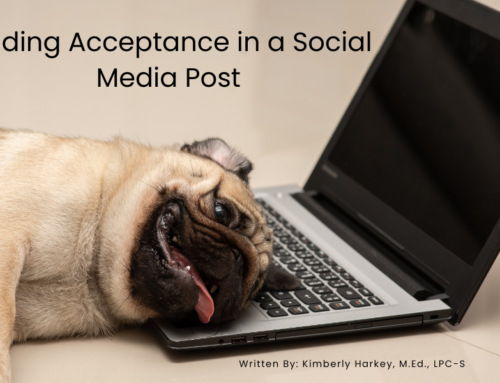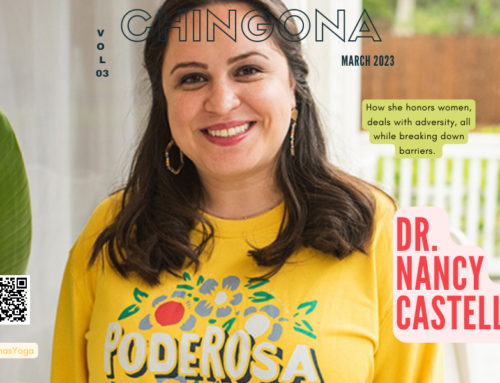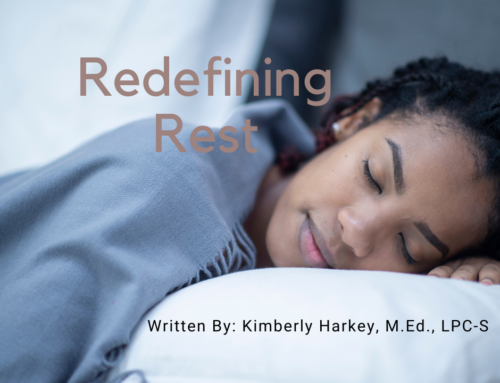Are You Experiencing Burnout?
by Cassie Castro, Graduate Level Masters Student
Burnout is an exhausting cycle that you just can’t seem to catch a break from. We can experience burnout in our work, our relationships, and our life.
Do you feel exhausted no matter what you try (exercise, diet change, sleep)? Are you noticing more negative feelings towards others and/or towards yourself than usual? Are you just sick and tired of feeling sick and tired?
Signs of burnout include any of the following:
- physical and emotional exhaustion
- cynicism and detachment
- feelings of ineffectiveness and lack of accomplishment
Burnout is a state of chronic stress that often builds gradually. It slowly creeps up on us and it may not be noticeable until it starts to manifest into physical or mental symptoms.
So maybe you are experiencing burnout – what to do next?
Self-care seems to be making a buzz in the media lately. Retail therapy, “treat yo’ self”, and Netflix binging seem to be the most popular images that come to mind. And those things can definitely be a part of self care. However, self-care is also about self-maintenance. The often less glamorous side of self-care includes drinking plenty of water, washing that load of laundry, and making a trip to the grocery store. Self-care is a great tool to prevent burnout, and serves as a means of self-maintenance, but self-care is not always the best way to effectively treat burnout. Why?
This is the vicious cycle of burnout: You’re feeling exhausted all the time, you take a quick “mental health or self-care day,” you’re ok for a week or two, or maybe only for a few days and then you find yourself exhausted all over again. Does this sound familiar?
Consider counseling as a great opportunity to explore why burnout is happening whether you are experiencing it in your work, relationship or life. You and your counselor can work together to identify what lifestyle patterns may be contributing to this burnout. You begin to feel more empowered to make effective changes that will help create a more sustainable and stress-free way of living.
Check out this article by Psychology Today for more information.




